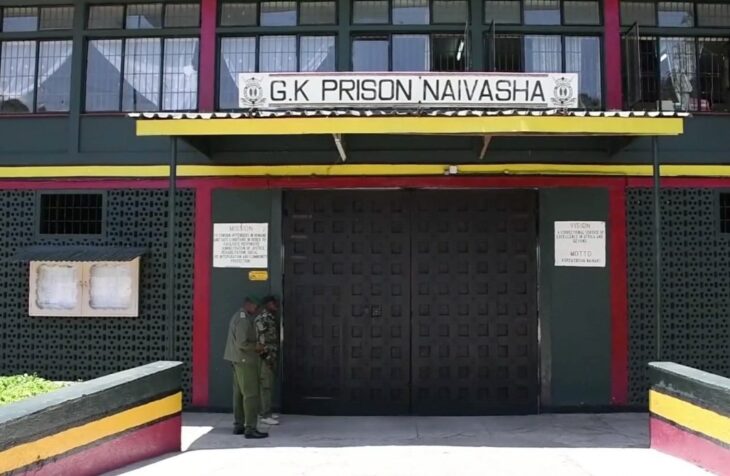NAIROBI, Kenya, Sept, 30 – The government is in the process of putting in place the Power of Mercy Bill 2022 and a Power of Mercy Policy Framework 2022 in order to harmonize all the rules related to the exercise of Power of Mercy as per the Constitution 2010.
The President exercises the Power of Mercy in accordance with the advice of the Committee to grant a free or conditional pardon to a convicted prisoner, postpone the carrying out of a punishment, substitute a less severe punishment and to remit all or part of a punishment.
The Taskforce on Review of the Laws Relating to the exercise of the Power of Mercy under Article 133 of the Constitution has been collecting views from stakeholders across 26 counties in an exercise that began in March 2021 in Busia County and ended Friday in Nairobi County.
Mr. Stephen Gitau a member of the Power of Mercy Advisory Committee said the purpose of coming up with the Power of Mercy Bill and a Power of Mercy Policy Framework is to align all rules that are in the Police Service Act, Community Service Order Act, Kenya Defence Forces Act, Mental Health Act and the Prisons Act as provided for under Article 133.
“This Taskforce was established in 2020 to review all the laws related to the exercise of the Power of Mercy and to recommend amendments to the existing legislation as well as to formulate a comprehensive policy to fully operationalize Article 133,” he said.
Gitau said after incorporating all the views from stakeholders it will be submitted to the Cabinet for approval.
Speaking today during a stakeholders’ validation exercise for the draft Power of Mercy amendment Bill and draft Power of Mercy Policy Framework for Nairobi County held at Charter Hall in Nairobi, Gitau announced that the team will from next week start incorporating the views submitted to the committee by stakeholders from 26 counties across the country, as the exercise is expected to be complete by end of October.
In her remarks, the Vice Chair of the Taskforce Dr. Janet Kirui said the convicted offenders in correctional facilities who are pardoned by the President are given a second chance after rehabilitation with the objective that they will integrate will in society and become responsible people.
The Vice Chair allayed fears of abuse of the process as it will involve various stakeholders and will require thorough work and reports from various state actors. “Do not be afraid that it will be prone to abuse. If there are issues it can be relooked and if there are concerns it cannot be forwarded,” stated Kirui.
Stakeholders, who presented their views, were of the opinion that records of convicts who receive Power of Mercy should not be expunged from the database.
They said the Taskforce should come up with a means of pardoning an offender without recommending the expunging of records from the criminal data, as well as have a method or body where information can be retrieved when needed by an employer, court or any other interested authority.
Want to send us a story? Contact Shahidi News Tel: +254115512797 (Mobile & WhatsApp)


